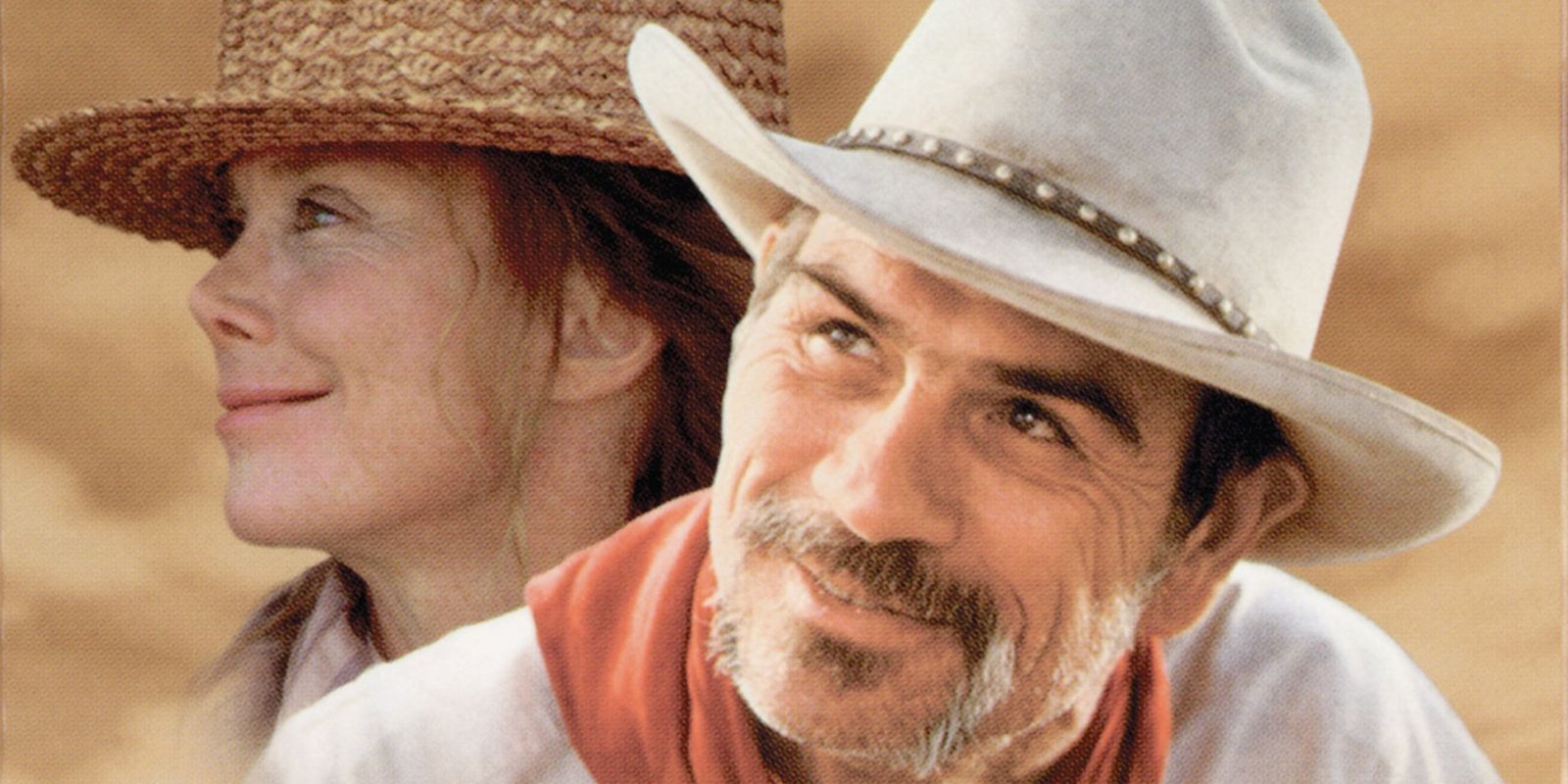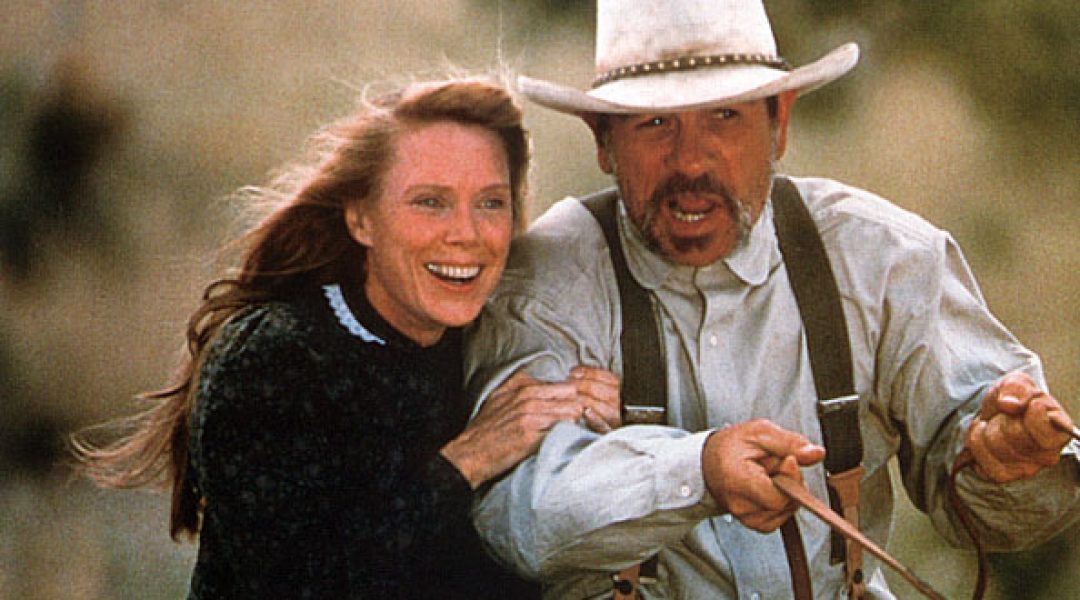In the landscape of American Westerns, The Good Old Boys (1995) stands out as a poignant, character-driven exploration of change, loyalty, and the vanishing spirit of the Old West. Directed by and starring Tommy Lee Jones in his directorial debut, this made-for-television film adapts Elmer Kelton’s celebrated novel with quiet intensity and thoughtful authenticity.
Preview Clip | The Good Old Boys | Warner Archive
Set in the early 20th century, The Good Old Boys tells the story of Hewey Calloway (Jones), a drifting cowboy who finds himself at a crossroads. As modernity encroaches on the rural Texas terrain he calls home, Hewey must confront a changing world that no longer has a place for his free-spirited way of life. His internal conflict intensifies when he visits his brother Walter (played by Terry Kinney) and is faced with the responsibilities of family, love, and the tug of a more settled existence.

What distinguishes The Good Old Boys from typical Western fare is its deep emotional core and nuanced performances. Jones delivers a restrained yet charismatic performance as a man caught between past and future. Supporting performances by Frances McDormand, Sissy Spacek, and Sam Shepard lend further gravitas and warmth, enriching the film’s portrayal of the bonds that define—and sometimes confine—us.

Visually, the film captures the dusty beauty of the Texas plains with an almost elegiac quality, echoing the thematic undercurrent of loss and transformation. The cinematography, paired with a gentle, period-appropriate score, evokes a deep sense of time and place.
Though it aired on CBS as a television movie, The Good Old Boys earned critical praise for its cinematic quality and sincere storytelling. It remains a compelling watch for those who appreciate Westerns that focus more on heart than heroism.

The Good Old Boys is more than a nostalgic nod to cowboy lore—it’s a meditation on identity, aging, and the inevitability of change. In the hands of Tommy Lee Jones, it becomes a timeless portrait of an American spirit in quiet decline.